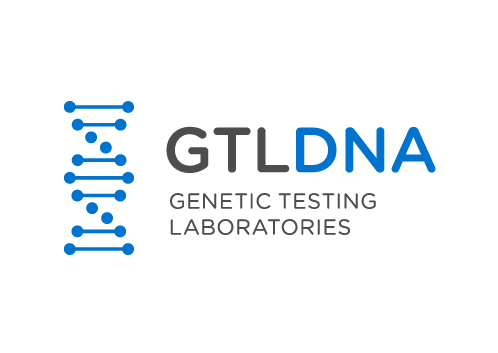Immigration Regulations
Every country has its own laws that govern and regulate immigration, which must be controlled for various political, economic and social reasons. Nevertheless, it is fairly common for immigration laws to follow a similar process when it comes to dealing with applications from people who claim to be family members of existing nationals. Indeed, such applicants may be eligible to enter a particular country if they can provide sufficient evidence that they are biologically related to one or more of its citizens. Unfortunately, paper evidence is very often lost, damaged or fraudulent, so it is normally impossible for immigration officers to rely on anything other than witness testimonies and, most importantly, DNA testing for Immigration.
GTL are able to provide immigration DNA test results to clients, solicitors, local embassies and government agencies together with result interpretation as required. Get more information about our immigration DNA testing service.
Reliable DNA Testing for Immigration
To the uninformed, an immigration DNA test conveys unmistakably Orwellian overtones that could strike fear into the hearts and minds of anyone to whom it might apply. However, in truth, the immigration DNA test has nothing at all to do with madcap science experiments, societal oppression or racial discrimination. In fact, the immigration test is employed as a reliable and effective measure to determine claims of familial relationships with established citizens.
In other words, instead of being forced to rely on potentially spurious documents that allege a family tie to one or more nationals, immigration officers are able to gather accurate and definitive genetic results via immigration DNA test results. As with any test, Genetic Testing Laboratories use advanced techniques to compare two strands of DNA, which are often supplied via a mouth swab or blood sample. For instance, if an applicant called Mr Y claims that Mr X, who is a citizen of the country in question, is his father, immigration officers would be able to rely on accurate test results from GTL comparing the DNA of Mr Y with that of Mr X. The immigration test allows immigration officers to determine whether or not a biological relationship exists between the two applicants. In the event that the test results in a positive match, Mr Y’s application to enter the country, depending on the relevant laws, would no doubt be accepted. If no match is proved, regardless as to whatever paper evidence may have been produced, there would be no scientific reason for immigration authorities to endorse the application.
DNA Testing for Immigration Speeds Up Application
As a result, the DNA test is the only reliable and accurate method by which to confirm a familial relationship. Considering that immigration control is such an important aspect in governing any nation, it is clearly sensible for authorities to employ only those methods that may be considered to produce accurate results. Testing is a far more efficient process to undertake in the context of immigration than older methods that relied entirely on the paper evidence produced and witness statements. Of course, whilst many people will sadly attempt to enter a country through deception, the majority of applicants are genuine and honest. By using immigration DNA test results, immigration officers are able to speed up the application process enormously, which not only saves public money but also means that separated family members can be more quickly reunited.
